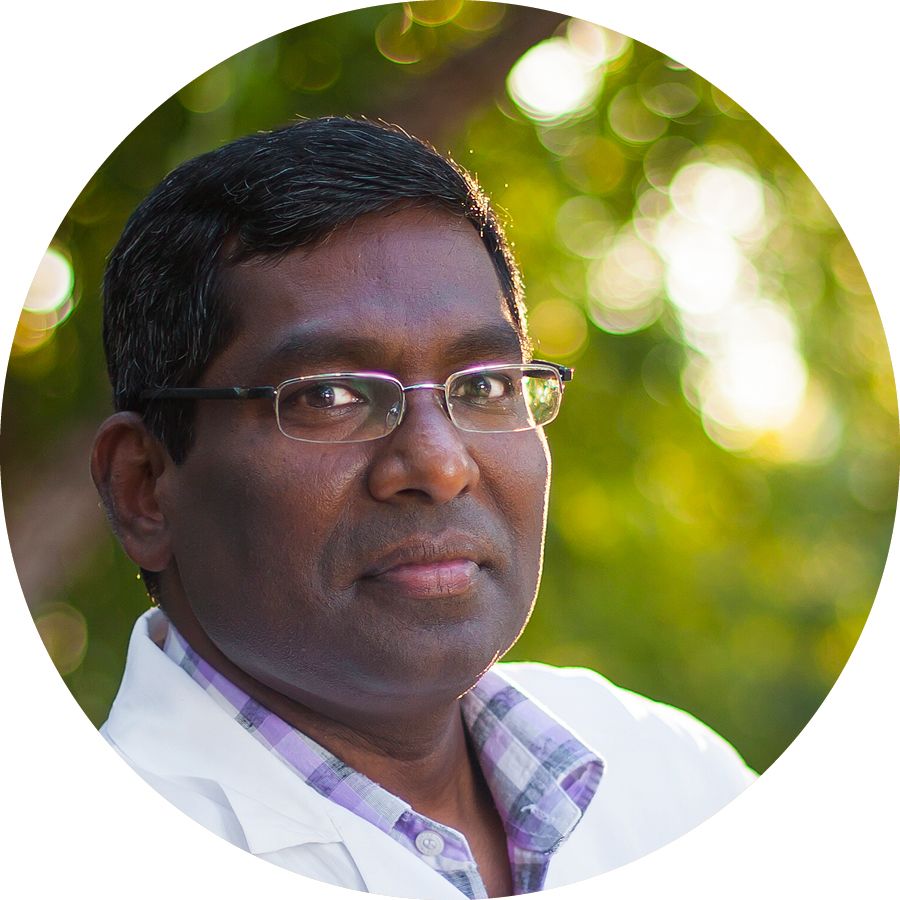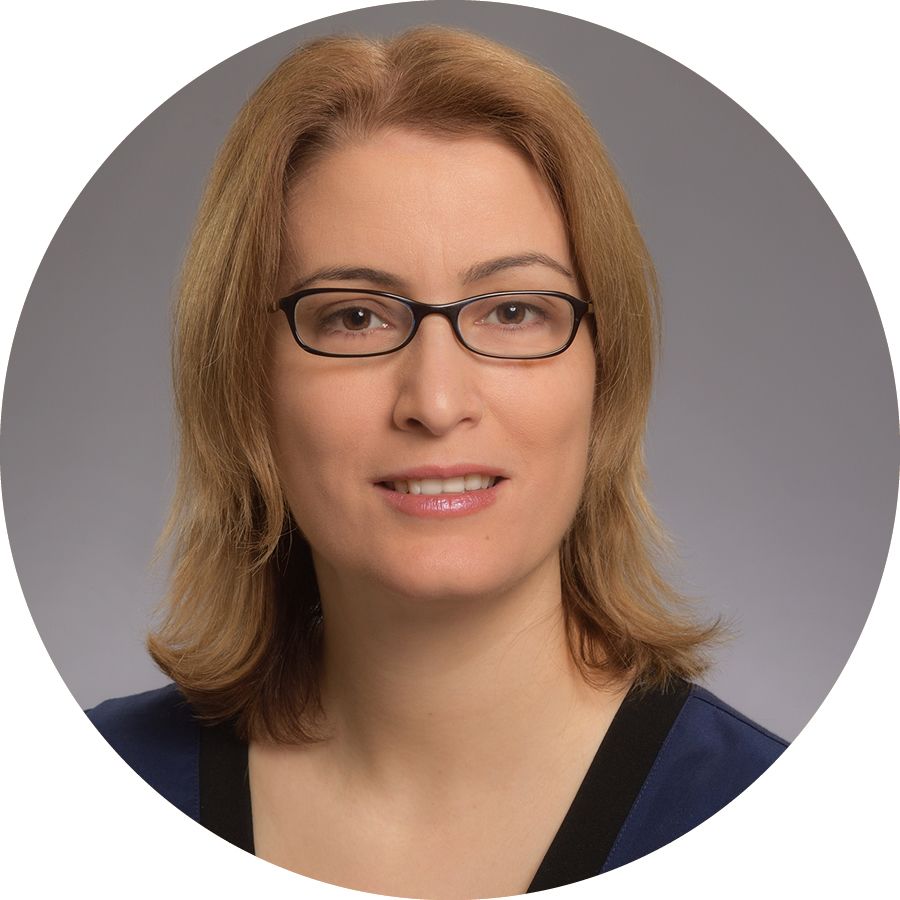COVID QUESTIONS | infectious disease
What drew you to study infectious diseases and vaccines?

AMARA: “As I was growing up, my dad always wanted me to go into medicine. It wasn’t related to the money, it was more that ‘doctors save lives.’ He inculcated that idea into my mind: Whatever you do, it should be helpful for the people around you; you are basically working for the community. When I began studying immunology, molecular biology, I was so fascinated. Understanding the immune system and learning how to tweak it, I hooked onto that and never looked back.
SUTHAR: “Since my undergraduate years, I have been fascinated with RNA viruses. Most RNA viruses encode a very small number of viral proteins (with the exception of coronavirus), so they are small yet can completely overtake the host and shut down the immune system. Their proteins can do many different things at once and, ultimately, the more pathogenic ones cause disease in humans.
KELLEY: “My initial draw was to HIV medicine. I loved science, virology, immunology, and the science around HIV—while, at the same time, I hated the immense impact of the HIV epidemic on humanity. To study infectious disease seemed this amazing way to tie together science and social justice. There aren’t many fields in medicine that do it so seamlessly.
ROUPHAEL: “Growing up, I was fascinated that there was an unknown virus able to suppress the immune system of people, which turned out to be HIV. I wanted to know what could be done. I was drawn to the complexity of infectious disease and immunology, the challenges, and the power of prevention through immunization.
EDUPUGANTI: “I like that a lot of infectious diseases are curable. And, also, that you have to take into account the person’s whole life—where they live, how they live, hobbies, pets, travel, job. All those details, and the epidemiology of the disease, go into making a diagnosis.

“Understanding the immune system and learning how to tweak it, I hooked onto that and never looked back.”

"I was drawn to the complexity of infectious disease . . . and the power of prevention through immunization."

